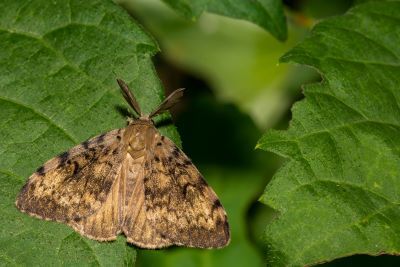The communities of Aurora, North Aurora, Geneva, St. Charles and Wayne are among those that will be treated for the spongy moth.
In Geneva, the U.S. Forest Service’s contractor will be using airplanes to spray at 7 a.m. Wednesday or Thursday, June 21 or 22, weather permitting, to target the Fabyan Forest Preserve and Settler’s Hill Golf Course area east of the Fox River. However, the treatment area and fly zone include residential portions on Geneva’s east side, according to the Department of Agriculture map. The schedule is subject to change and updates will be posted on the City of Geneva's website.
The
low-flying, yellow airplanes will be loud as they deploy a natural
application, comprised of vegetable oil and wax, which has been
regulated by the EPA. The Department of Agriculture says no pesticides
are being used, and there is no threat to residents. The process will
take about one hour.
The application does not kill the spongy
moth but rather acts as a deterrent for breeding. The substance, once
landing, has the consistency of hand cream and can be washed off with
soap and water.
Residents who have questions can contact Nancy
Johnson, an Illinois Spongy Moth Program Manager, by calling
815-787-5476 or sending her an email.
Historically
known as the gypsy moth, the non-native pest is known for stripping
plants and trees bare, leaving them susceptible to disease and potential
death. Unlike the emerald ash borer, the spongy moth is not a picky
eater and will devour almost anything leafy and green.
The
federal government’s spongy moth suppression program started in North
Carolina this spring and move northeast into Minnesota by summer. The
U.S. Forest Service is coordinating its program in Illinois with the
State’s Department of Agriculture, which will be posting updates on its Facebook page in mid-June.
For more information, visit the Illinois Department of Agriculture or the Slow The Spread websites.


